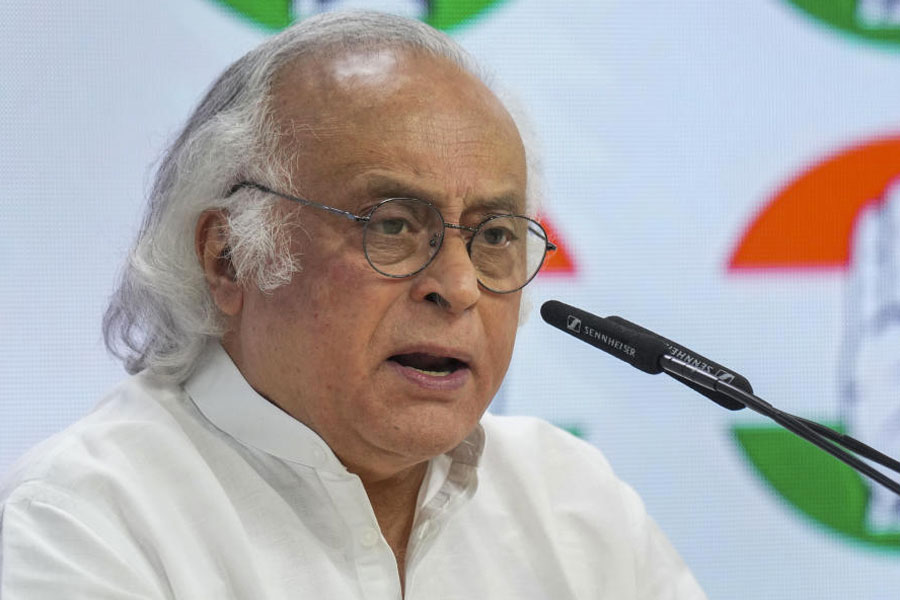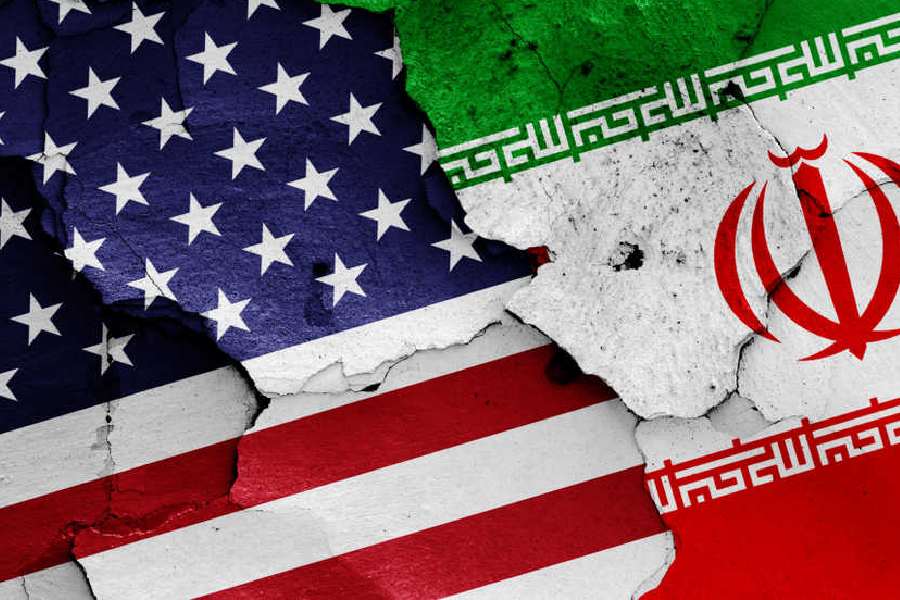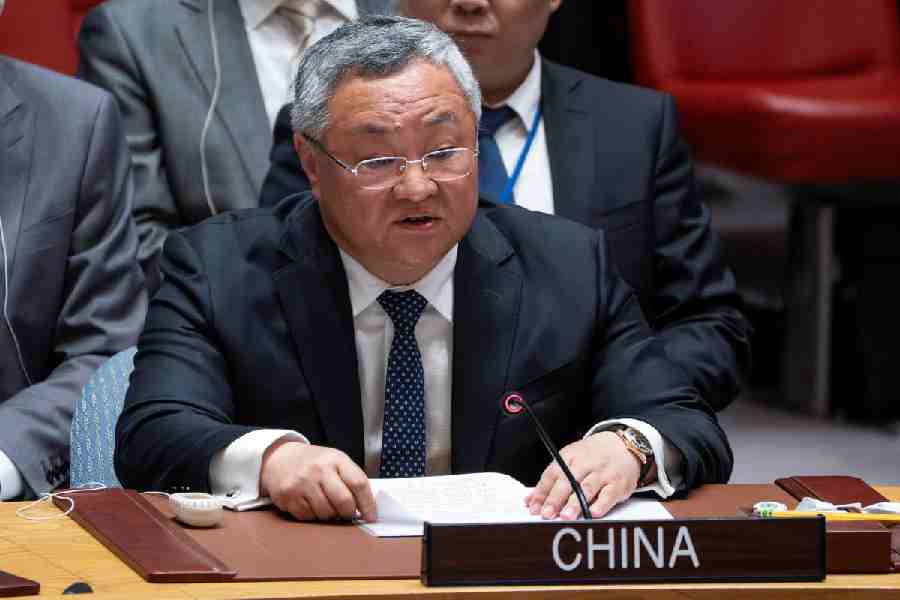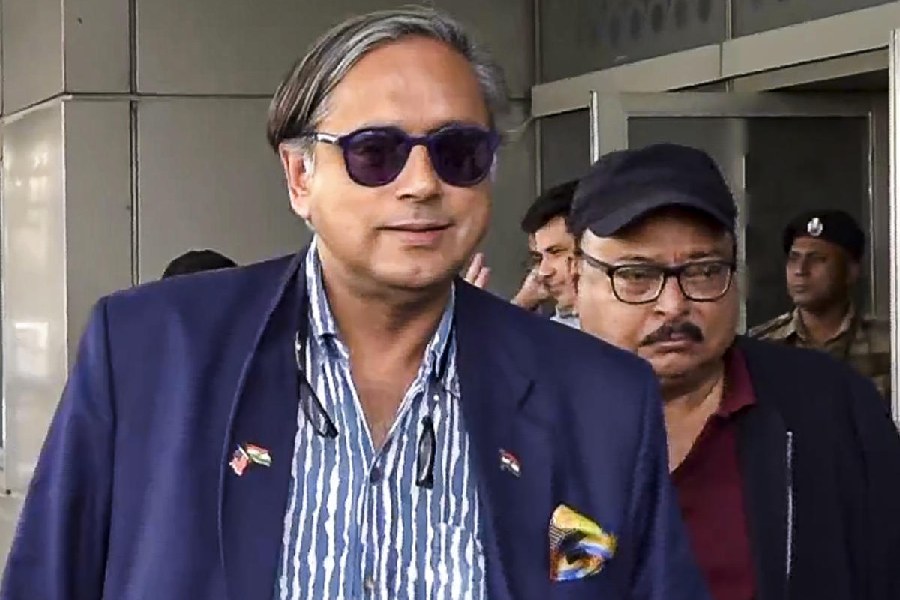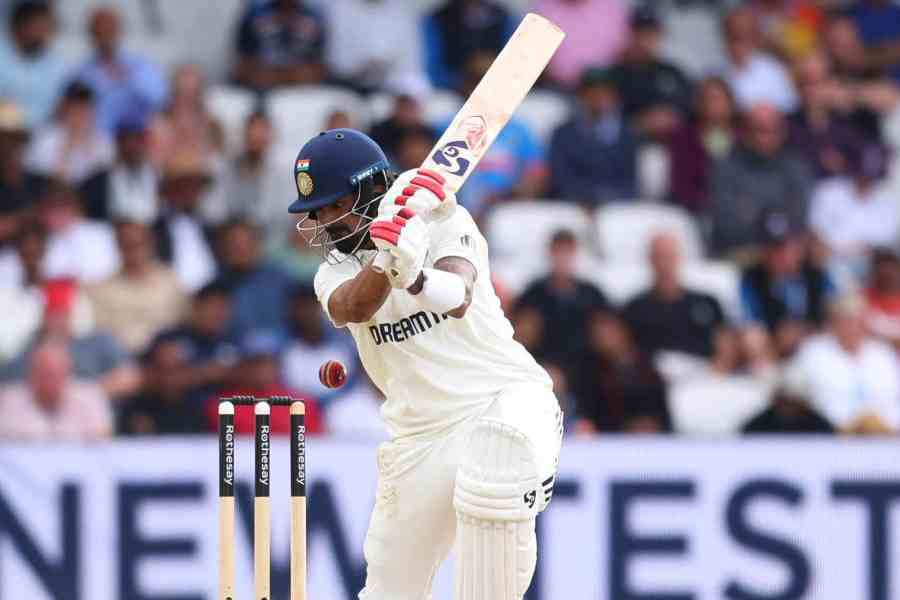New Delhi: The Sports Ministry on Wednesday wrote to the Indian Olympic Association (IOA) and all national sports federations (NSFs) saying that in future, grants to sportspersons to prepare for major events would be provided by the government only if they agree to represent the nation without any reservations.
Though the ministry did not specify any particular discipline or sportsperson, it was evident that the All India Tennis Association (AITA) remained the target of ministry’s letter.
Both the ministry and the Sports Authority of India (SAI) were extremely upset when some of the leading tennis stars refused to represent the nation in the Incheon Asian Games, and the AITA remained a mute spectator.
Somdev Dev Varman, Leander Paes and Rohan Bopanna refused to take part in the Asian Games, saying it would cost them valuable ATP points in the circuit. Sania Mirza finally decided to change her decision and play and went on to win a gold medal.
“It was noticed, while finalising the Indian contingent for the Incheon Asian Games 2014, that senior and rank holding sportspersons of some sports disciplines decided to pull out, preferring to play in prize money tournaments instead of participating in the Asian Games, giving the impression that such sportspersons do not take these sports competitions seriously.
“Multi-sports events are held once in four years and the nation takes pride in the number of medals won in these prestigious sports events,” the ministry added.
“It is also informed that such sportspersons, who decide not to take part in international tournaments including multi-disciplinary sports events, where India as a team participates for medals rather than cash awards, will not be considered for funding from the National Sports Development Fund (NSDF),” the ministry said.
Sources in SAI said the government was disappointed with the behaviour of some tennis players from the time of the London Olympics in 2012.
At that time, serious differences between a few top players like Mahesh Bhupathi, Bopanna and Paes surfaced, while selecting the Indian team, forcing the sports minister to intervene in the matter.
“We were aghast to see how some players held the AITA to ransom over the selection of the team,” said a senior SAI official.
“Ironically, the government then was paying the tennis players a hefty amount per month as part of preparations for the Olympics from the NSDF fund.
“They accepted the money and still tried to have their own way when it came to selection of the team,” he said.
What really upset the ministry and the SAI was that the withdrawal of senior players from the Asian Games came well after the final list of contingent was sent to the Incheon organisers.
At that point of time, neither the IOA nor the ministry was in a position to submit fresh entries to the Games. When the SAI approached the AITA asking it to have a dialogue with the players, the national federation said under no rule they could force the players to change their decision.


